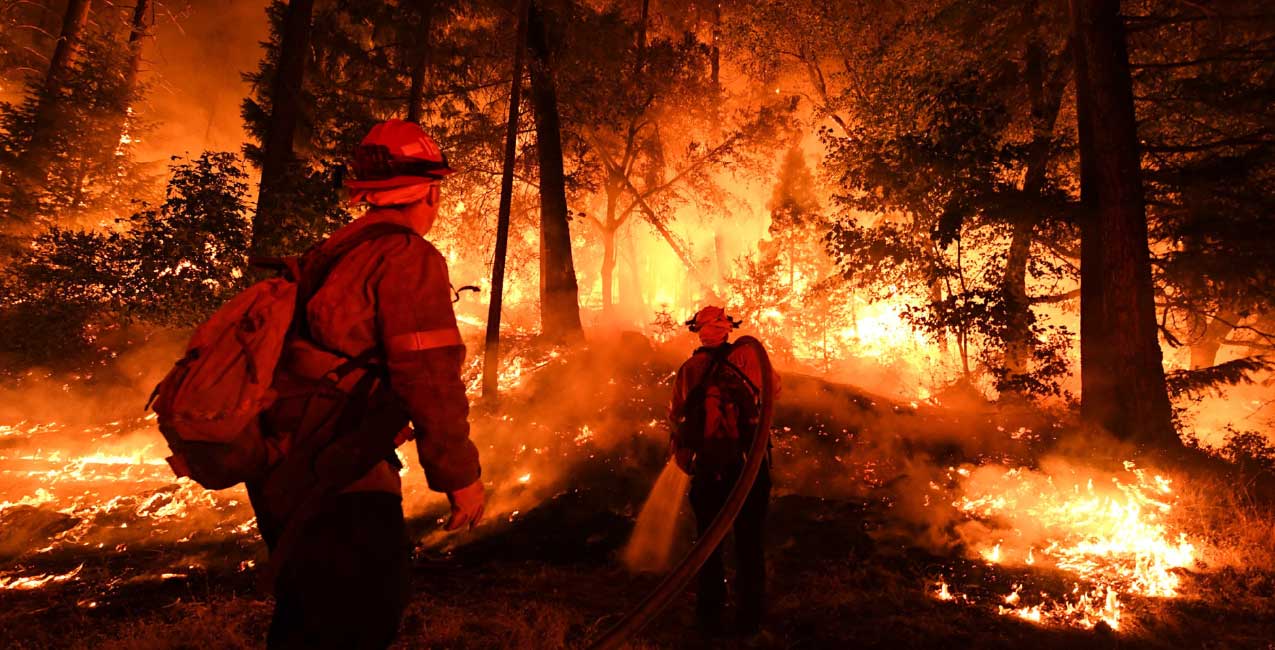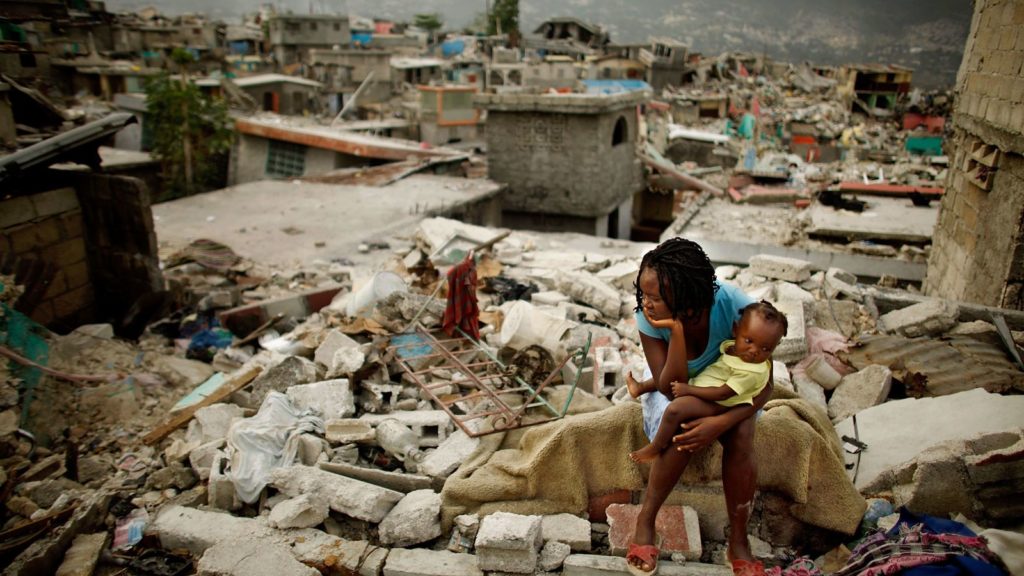- Empty cart.
- Continue Shopping
Shocking reports reveal Earth to be hit by worst famines and wildfires by 2040

A shocking landmark report from the United Nations scientific panel on climate change revealed that the world is going to have extreme food shortages, wildfires and a mass of coral reefs will die off as soon as the year 2040. The United States, Indonesia, India, Japan, Brazil, Bangladesh, Egypt and China which are home to about 50 million people are at risk from the effects of increased coastal flooding by 2040.
Would humans as a species, and the flora and fauna that make up our entire ecosystem be able to survive on a planet blighted by famines and wildfires? Would we be able to survive these sweltering temperatures, when heat waves are already claiming scores of lives?
There have been predictions that our coming generations will not have the resources we have at their disposal due to the fact that we are wiping them off the Earth and it takes millions of years for them to replenish.
A report was written and edited by 91 scientists from 40 countries analyzing more than 6000 scientific studies. The previous study had focused on estimating the damage if the average temperatures were to rise by 2 degree Celsius. It remained as a threshold for the most severe effects of climate change but with this new study, the threshold went down to 1.5 degree Celsius. What difference would half a degree Celsius make? It would bring more dire consequences ‘sooner’ than expected.

How much hotter is your hometown from when you were born?
The prevailing consensus was that climate change, global warming were issues that would affect our future generations. Unfortunately, this reports points out that we may not have that long. The consequences of our actions will be as soon as 20 years from now. The predicted time period is well within the lifetime of much of the global population. The problem is no longer something future generations have to deal with. The question is no longer about the world we will leave for our children. It is now, it is on us.
So what do we do?
The fact that adversity and natural disasters are due leaves us with a pressing urgency to rethink our consumption of resources and the use of plastic.
Here’s what needs to be done.
Transform the world economy at a speed and rate that has no documented precedent. Reduce greenhouse pollution by 45% by the year 2030. Increase the use of renewable energy sources- wind and solar from the current 20% to 67% and drop the use of coal to nearly 40%.
This push will no doubt have to be at a broader government policy level, but it also falls to each person as an individual to make changes.
What can be done by us?
While this will take time and implementations will be on a larger ground, what we as individuals must do to contribute is
- Urge your local lawmakers to take steps to make the community more environmentally friendly.
- Make changes to your own consumption patterns – start using solar energy, wind energy.
- Shift to electric vehicles and hybrid cars. Use public transport and carpooling.
- Be conscious of your consumption patterns, reduce the use of plastic bags -plastic emit harmful greenhouse gases when they degrade.
- Shift to natural, biodegradable options like cotton and jute bags.
- Reduce food wastage, over 33% of all food produced is wasted. Food wastage amounts to squandering of resources like land, water, energy, labor and produces greenhouse gases that contribute to global warming and climate change.
Start today. Start early.
Our planet needs us more than it ever did.






